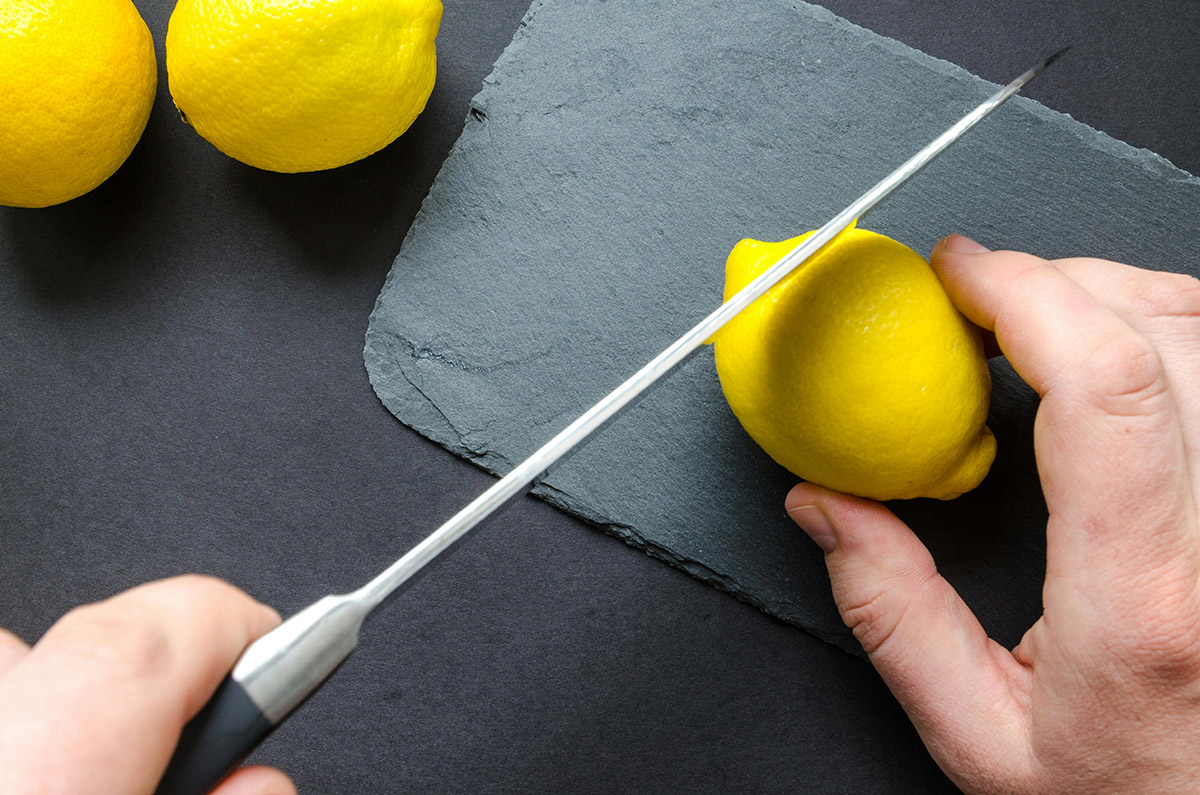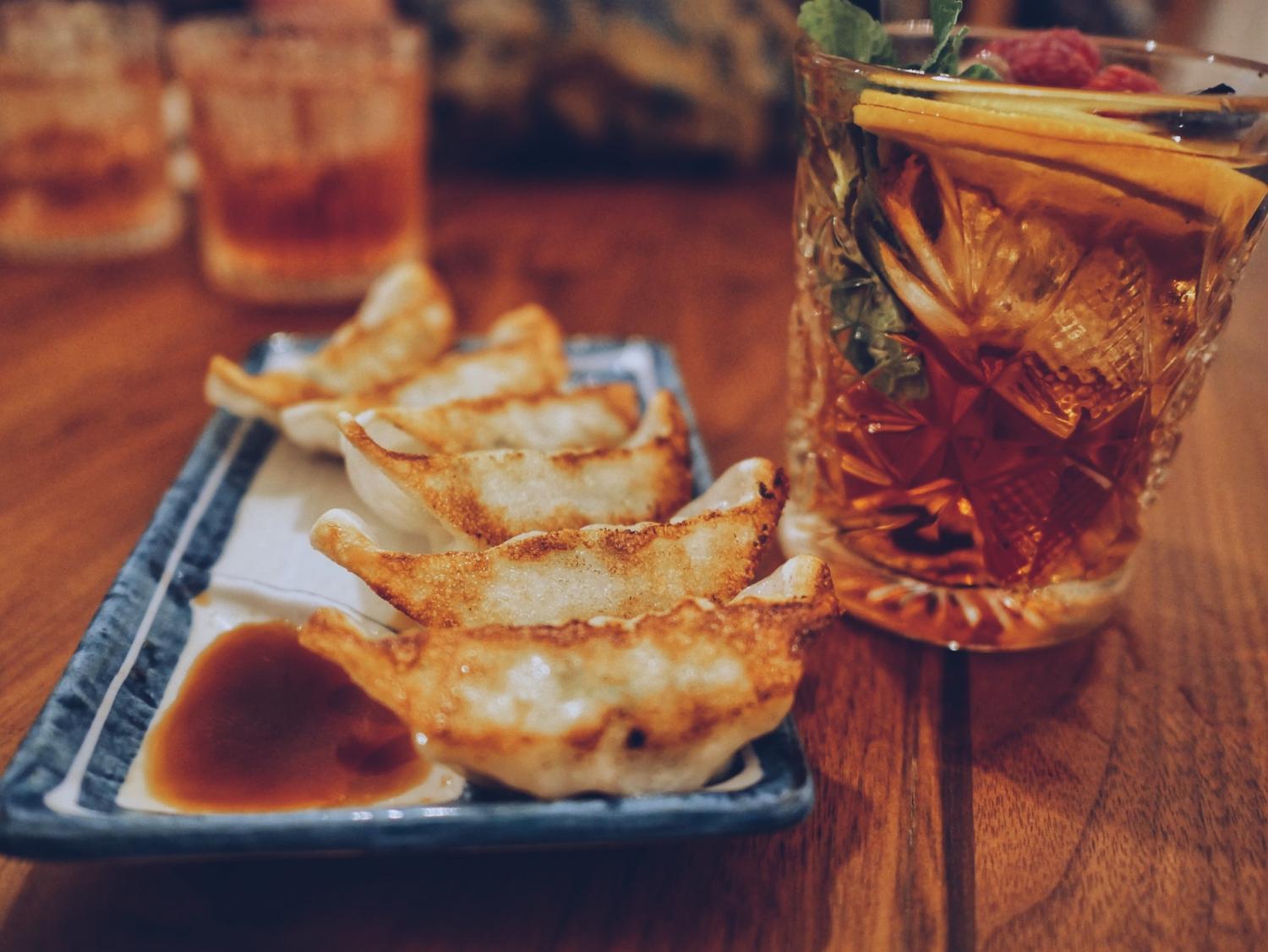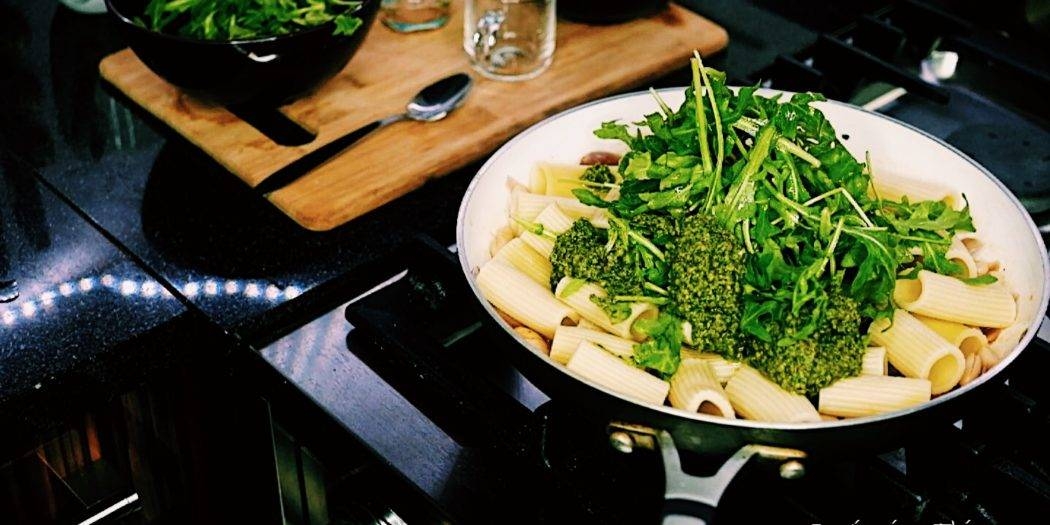
The Legacy of Solingen, Germany – The Knife Capital of the World
Located in the beautiful backdrop of Germany, Solingen has been a symbol of history and tradition in the knife-making industry for many centuries. Often referred to as the “Knife Capital of the World”, the city of Solingen commands respect and orders from enthusiasts and tradespeople from around the globe.
This is a detailed analysis of the story of Solingen’s knives that covers history, the art of making knives, the varieties available, influence on the world, the economic value and cultural importance, the obstacles experienced in the present society, the changes made and the potential for the future of this trade.
Historical Significance
The rise of Solingen as a major centre for the production of knives dates back to the medieval period due to the favourable geographical location of the city in relation to the availability of abundant resources in the area required for the manufacturing of metals. Through years, Solingen refined the production methods and became known for crafting durable and sharp knives. The town was famously known as the City of Blades, and this was cemented further as guilds together with the artisan families kept their craft secrets hereditary.
Originally, Solingen blacksmiths manufactured swords and other sharp instruments such as knives, taking advantage of the iron ore resources and workforce in the area. During the renaissance, Solingen was already recognised as a producer of swords and its products were shipped to different parts of Europe and other continents.
Craftsmanship and Tradition
The essence of Solingen as a place renowned for its knives is its focus on vocation and heritage. Master craftsmen are employed to ensure quality in every knife they produce, from choosing the right raw materials locally and internationally to using techniques passed down through generations. The elaborate process that usually includes forging, tempering, grinding as well as polishing guarantees that every knife produced has utmost precision and functionality.
Peculiarities of Solingen knives include finer workmanship and ergonomics to achieve perfect proportions and balance for more comfortable use.
Every knife that is made bears a testimony not only to the craftsmanship of the smith but also to the commitment to the history of Solingen.
Types of Knives Produced
Solingen’s repertoire of knives is as diverse as it is distinguished, catering to a spectrum of purposes and preferences. The iconic Solingen chef’s knives, for example, are prized for their balance and sharpness, making them indispensable tools in professional kitchens worldwide. Crafted from high-carbon stainless steel, these knives undergo rigorous testing to ensure optimal edge retention and durability, meeting the exacting demands of culinary professionals.
Beyond kitchen knives, Solingen excels in producing hunting knives renowned for their rugged durability and precision. These knives are crafted to withstand the rigors of outdoor use, featuring ergonomic handles and specialized blade designs tailored to various hunting and survival tasks. Solingen also boasts a rich tradition of manufacturing pocket knives and utility blades, each designed with a blend of functionality and aesthetic appeal that reflects the region’s mastery in knife-making.
Global Influence
Beyond its artisanal prowess, Solingen wields significant influence on the global stage of knife-making. Its blades are coveted for their superior quality and craftsmanship, setting benchmarks that competitors worldwide strive to emulate. Solingen’s knives adorn kitchens, hunting expeditions, and collections worldwide, symbolizing not just utility but a testament to German engineering and precision.
Solingen’s exports reach every corner of the globe, bolstering its reputation as a leader in the industry and reinforcing the cultural and economic ties that bind Solingen to its international clientele. The town’s commitment to innovation and quality ensures that Solingen knives remain at the forefront of consumer choice, embodying a legacy of excellence that spans continents and generations.
Economic and Cultural Impact
The knife-making industry forms an integral part of Solingen’s economic landscape, supporting livelihoods and fostering entrepreneurial spirit within the community. Beyond economic contributions, knife-making is deeply embedded in Solingen’s cultural fabric, celebrated through festivals, museums, and guild traditions that honor its artisans and their craft.
The town’s guild system, established centuries ago to uphold quality and authenticity, continues to serve as a cornerstone of Solingen’s identity, ensuring that each knife bearing its name carries with it a legacy of excellence and heritage. Solingen’s knives are not merely tools but cherished artifacts that embody the region’s commitment to craftsmanship and innovation.
Challenges and Modern Adaptation
The traditional aspect of manufacturing has not been lost in Solingen as the company adapts to the challenges of today’s manufacturing market and competition from around the world. The industrial revolution has favored mechanized production thereby improving accuracy and speed while not sacrificing quality.
The situations like sustainability and expansion of product range force the Solingen artisans to create new and innovative materials, forms and methods which make them significant in the constantly evolving industry.
However, in the number of recent changes, Solingen has upheld its principles of true craftsmanship, not letting go of its roots as it moves forward in adapt to the future.
Future Prospects
Moving into the future, Solingen is ready and willing to expand upon its reputation of “The Knife Capital of the World.” New advancements of research and development point towards new technologies that will continue to push the edge of knife creations expected from Solingen. By relying on partnerships with global markets, Solingen exposes its centuries-long history to new generations of purchasers interested in authentic and high-quality products.
In the context of growing relevance of sustainability and ethical sourcing, the focus of Solingen on quality and tradition will continue to play into its strength in the context of a more conscious market. This way Solingen does not only has a future but more a bright future ahead as it will keep on chiseling its history as the home of sharpness, creativity, and timeless craftsmanship.
Conclusion
Thus, the life evolution of Solingen as the medieval forge and now an influential global competitor stands for the timeless value of craft and heritage. As we celebrate its past achievements and anticipate its future endeavors, one truth remains constant: It is for this reason that Solingen, German Kitchen Knives : The Knife Capital of the World authentically captures the craftsmanship and history associated with creating high-quality knives.
Every single blade produced inside its historical walls is not merely an instrument; it is amplification of German manufacture, the embodiment of accuracy, and an honor to all of the ancestors who devoted their blood, sweat, and tears into honing their skill.
Photo: Pexels












